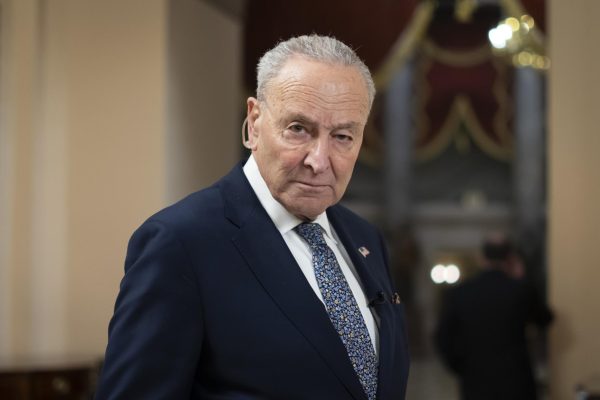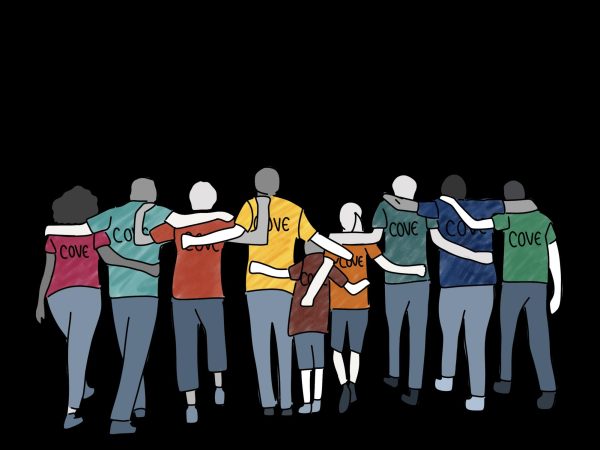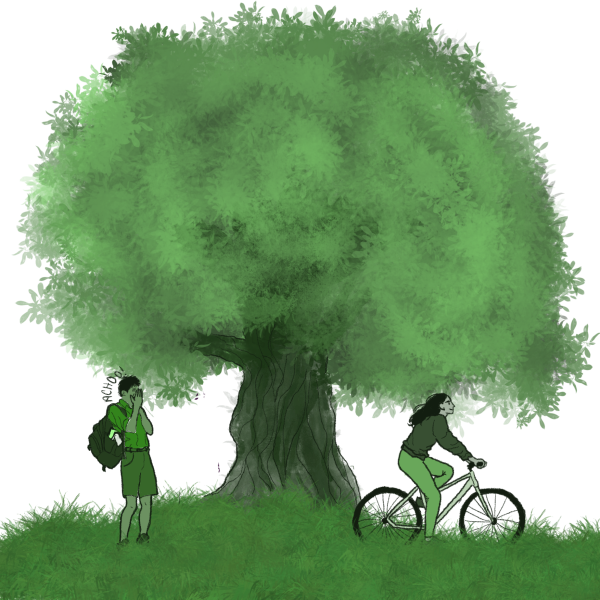Speaking Out for Survivors’ Rights
On March 23, Laura L. Dunn, a survivor of sexual assault and a current survivor rights attorney, gave a presentation in Love Auditorium about sexual assault on college campuses. In 2007, Dunn graduated from the University of Wisconsin-Madison with a B.A. in Legal Studies and Psychology with a certificate in Criminal Justice. While she was a student there, Dunn was sexually assaulted by two members of the Wisconsin crew team. Unfortunately, she was denied the justice that she deserved; however, Dunn transformed herself from victim to inspiration, using injustice to fuel her future activism.
In 2014 she received a Juris Doctor Degree (J.D.) from University of Maryland Baltimore and received the William P. Cunningham Award after lobbying for the Violence Against Women Act (VAWA) in 2013. She also interned at the U.S. Department of Justice’s Office on Violence Against Women, worked as a judicial intern for the U.S. District Court for the District of Maryland and served as a law clerk for the U.S. Senate Judiciary Committee. Today she pours her passion into SurvJustice, a non-profit victim rights organization that she founded in 2014.
Using SurvJustice as a medium for her message and work, Dunn is on a mission to increase the due justice for all survivors of sexual assault. She believes that the victims should not shoulder the legal process on their own, which is a sad reality with there being a scarcity of lawyers for sexual assault. To date, SurvJustice has been 100 percent successful in civil matters, 87 percent successful in campus hearings and 67 percent successful in criminal cases.
Although Colgate has taken strides in fostering a greater sexual respect and support system on campus, Dunn explained that she would like to further the discussion that is already happening within Colgate’s sexual assault response center, Haven, and throughout the student body.
Dunn was one of the first survivors of sexual assault to come forward with her own identity and not as Jane Doe. She was shocked to learn that only 20 percent of survivors report and she came to the conclusion that not speaking out is a key part of the problem. Through a clip about a male student at Brown University, Dunn showed the audience how societal norms factor into silence — assault is typically associated with a weaker sense of masculinity. But what the student learned, and what Dunn promotes, is that anyone can be a victim, and anyone can be a perpetrator. Sexual assault is not purely a women’s issue. We don’t talk about men being victims too, and we don’t have enough spaces for them to come forward as victims. Dunn insisted that we need to prompt discussions and create environments where men can “shed the mask” that will allow them to be not only allies, but also survivors.
There are many misconceptions regarding sexual assault besides gender-based stereotypes. Dunn debunked the conception that rapes are violent physical attacks committed by strangers in the dark. Oftentimes, non-strangers commit rapes.
And while Title IX and the Clery Act have initiated a “tidal wave of student activism” and legal justice, our society still has much to learn. Dunn touched on crucial aspects of cultivating sexual respect on campus, including consent, bystander intervention, survivor-support techniques and education about healthy relationships.
It is obvious that there is still work to be done — the culture has to change because the law is not always effective in preventing and responding to sexual violence. Students can still be sued for reporting sexual assault to college officials, and there is still a dearth of sexual assault lawyers in the legal world. It is our obligation as students and young leaders to address problems like retaliation, unhealthy attitudes in Greek life and burdening victims. Sexual assault awareness is at an all-time high, and we can use this momentum to broaden discussions and strengthen support systems throughout college campuses. Dunn made most of her achievements, about “90 percent of them,” while she was still in law school, so Colgate students have no excuse to table activism. We now have a decision to make: we can choose to be silent or to join the revolution.





